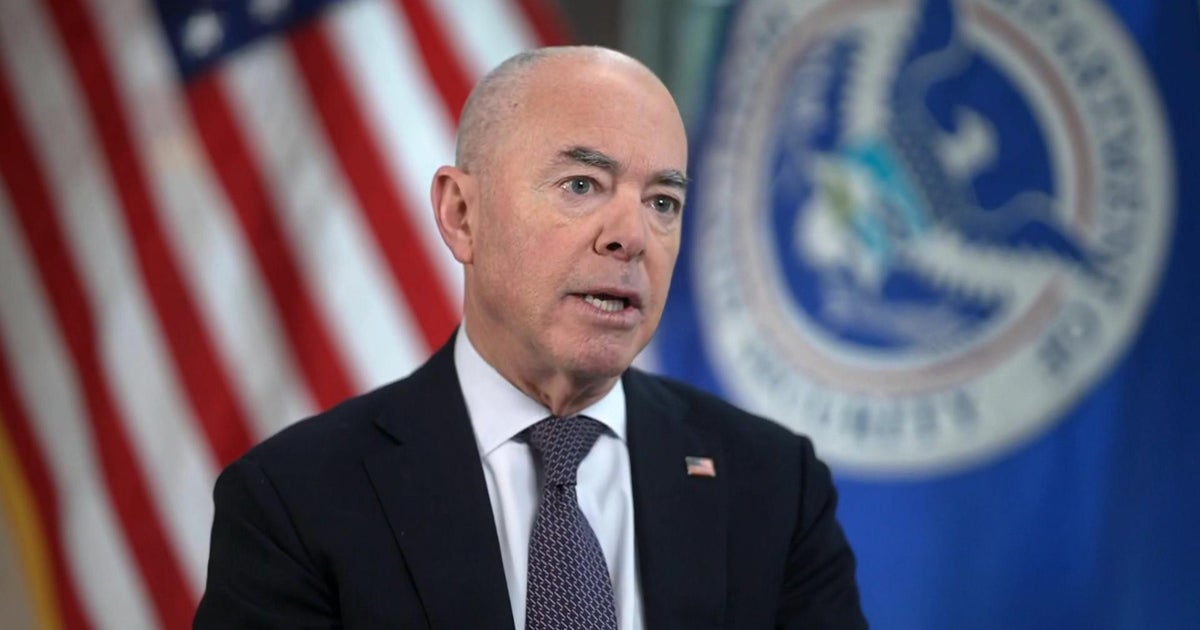Public hearing begins on plan to overhaul Baltimore's police force
BALTIMORE - A proposed plan to overhaul Baltimore’s troubled police force faces public scrutiny Thursday despite the Department of Justice’s efforts to delay the hearing.
A judge on Wednesday denied an attempt to delay the public airing, calling the request by President Donald Trump’s administration a “burden and inconvenience.”
The Justice Department asked for the delay earlier this week, saying it needed time to review the plan and determine whether the proposal would hinder efforts to fight violent crime. U.S. District Judge James Bredar said the hearing would go on as scheduled Thursday.
Pushing back the hearing at the last minute would be a “burden and inconvenience to the court, other parties, and most importantly, the public,” the judge said.
Bredar noted that it was “highly unusual” that both the city and the Justice Department had requested the hearing to allow Baltimore residents to publicly comment on the proposed consent decree. To accommodate the throngs of people, other judges cleared their dockets for the day, and the hearing was widely advertised, the judge said.
“The primary purpose of this hearing is to hear from the public,” he wrote. “It would be especially inappropriate to grant this late request for a delay when it would be the public who were most adversely affected by a postponement.”
Justice Department spokesman Ian Prior declined comment.
Last month, a dozen organizations and about 50 people submitted 195 pages of written comments on the proposed agreement, which the city reached with the Justice Department during the last days of the Obama Administration. Newly minted Attorney General Jeff Sessions issued a memo this week announcing his intention to reconsider all existing consent decrees.
Wednesday’s order, while tailored specifically to the hearing in Baltimore, could signal complications for Sessions as he seeks to review agreements already entered into federal courts with earlier Justice Department cooperation.
In their written comments, residents largely expressed support for the consent decree and reforms to the police department. One resident, however, said he believed such a court-enforceable agreement “will hamper the police force.”
The Justice Department opened an investigation into allegations of misconduct in the Baltimore Police Department in 2015, after the death of Freddie Gray, a 25-year-old black man whose neck was broken in a police transport wagon, plunged the city into civil unrest. The agency published a scathing report outlining widespread abuse including excessive force, unlawful stops and discriminatory practices.
The Justice Department’s request to postpone the hearing was met with fierce opposition from city officials, including Mayor Catherine Pugh and Police Commissioner Kevin Davis, who both vowed that they will press on with police reform regardless of what happens with the consent decree.
But Davis and Pugh stressed that a court-enforceable agreement will enable the department to implement those reforms.
On Wednesday, Pugh applauded the judge’s decision, and encouraged residents to show up and speak their minds.
“The city of Baltimore is ready to move forward to rebuild the important relationship which exists between the community and our police department,” she said in a statement. “I hope citizens will take advantage of this opportunity to have their voices heard.”



